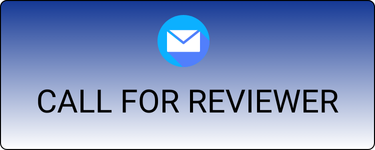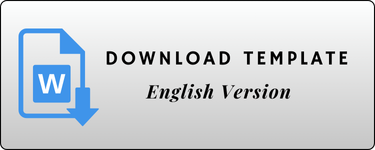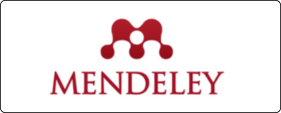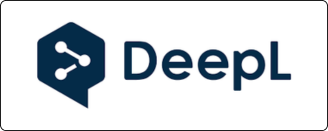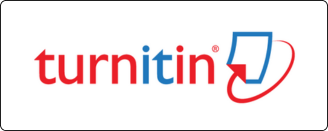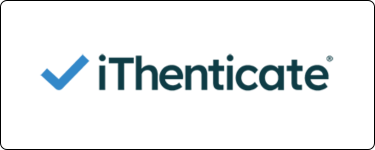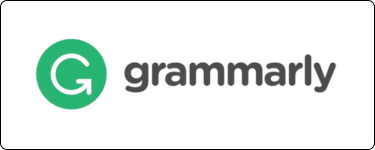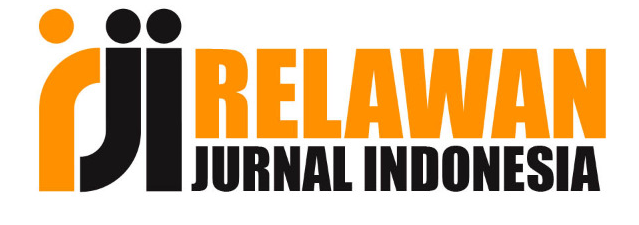Plagiarism Policy
The Editorial Board of Socrates: Journal of Education, Philosophy and Psychology recognizes that plagiarism is unacceptable and therefore establishes the following policy stating specific actions (penalties) upon identifying plagiarism/similarity in articles submitted for publication in Socrates: Journal of Education, Philosophy and Psychology
Socrates: Journal of Education, Philosophy and Psychology will use Turnitin Plagiarism originality checking software as a tool in detecting similarities in text in the article manuscript and the final version of the article ready for publication. A maximum of 25% similarity is allowed for submitted papers. If we find more than 25% of the similarity index, the article will be returned to the author for revision and resubmission.
Definition:
Plagiarism involves "the use or close imitation of the language and thoughts of another author and the representation of them as one's own original work."
Policy:
Papers must be original, unpublished, and not awaiting publication elsewhere. Any material taken verbatim from another source must be clearly identified as distinct from this original text by (1) indentation, (2) use of quotation marks, and (3) identification of the source.
Any text exceeding fair use standards (here defined as more than two or three sentences or the equivalent) or graphic material reproduced from another source requires permission from the copyright holder and, if possible, the original author and also requires identification of the source; e.g., previous publication.
When plagiarism is identified, the Editor-in-Chief is responsible for reviewing the paper and will approve the steps according to the level of plagiarism detected in the paper according to the following guidelines:
Level of Plagiarism
Minor: Short sections of another article are plagiarized without significant data or ideas taken from another paper.
Action: A warning is given to the author and a request to change the text and properly cite the original article is made.
Medium: A large portion of the paper is plagiarized without proper citation to the original paper.
Action: The submitted article is rejected and the author is banned from submitting further articles for one year.
Severe: A significant portion of the paper is plagiarized involving reproducing original results or ideas presented in another publication.
Action: The paper is rejected and the authors are banned from submitting further articles for five years.
It is understood that all authors are responsible for the content of their submitted papers as they have all read and understood the Copyright and Licensing Terms of Socrates: Journal of Education, Philosophy and Psychology. If a penalty is imposed for plagiarism, all authors will be subject to the same penalty.
If a second case of plagiarism by the same author is identified, the decision on the action to be enforced will be made by the Editorial Board (Editor-in-Chief and Editorial members) with the Editor-in-Chief as Chair. The author is banned from submitting further articles indefinitely. This policy also applies to material reproduced from other publications by the same author. If an author uses previously published text or figures, the appropriate paragraph or figure must be identified and the previous publication referenced. It is understood that in the case of review papers or tutorial papers much of the material may have been previously published.
If an author uses some previously published material to clarify the presentation of new results, the previously published material must be identified and the differences to the present publication must be stated. Permission to republish must be obtained from the copyright holder. In the case of a manuscript originally published in conference proceedings and subsequently submitted for publication in Einstein: Journal of Technology and Development either in identical or expanded form, the author must identify the name of the conference proceedings and the date of publication and obtain permission to republish from the copyright holder. The editor may decide not to accept this paper for publication.
However, an author is permitted to use material from the unpublished presentation, including visual displays, in a subsequent journal publication. In the case of a submitted publication that was originally published in another language, the title, date, and journal of the original publication must be identified by the author, and copyright must be obtained. The editor may accept such translated publications to attract a wider audience. The editor may select certain published papers (e.g. “historical” papers) for republication to provide a better perspective of a series of papers published in a single issue of Einstein: Journal of Technology and Development. This republication must be clearly identified and the date and journal of the original publication must be given, and permission from the author(s) and publisher must be obtained.
The Einstein: Jurnal Teknologi dan Pengembangan layout editor for the Journal is responsible for maintaining the list of penalized authors and will check that no authors of submitted papers are on this list. If a banned author is identified, the layout editor will notify the Editor-in-Chief who will take appropriate action. This policy will be posted on the website with instructions for submitting manuscripts, and a copy will be sent to authors with the confirmation email upon initial receipt of their original manuscript.
Authors must identify the source of the previously published material and obtain permission from the original author and the publisher.
If an author submits a manuscript to Socrates: Journal of Education, Philosophy and Psychology with significant overlap with a manuscript submitted to another journal simultaneously, and this overlap is discovered during the review process or after publication of both papers, the editor of the other journal is notified and the case is treated as a severe plagiarism case. Significant overlap means the use of identical or nearly identical figures and identical or slightly modified text for half the paper or more. For self-plagiarism of less than half the paper but more than one-tenth of the paper, the case should be treated as moderate plagiarism. If the plagiarism is limited to the methods section, the case should be treated as minor plagiarism.

